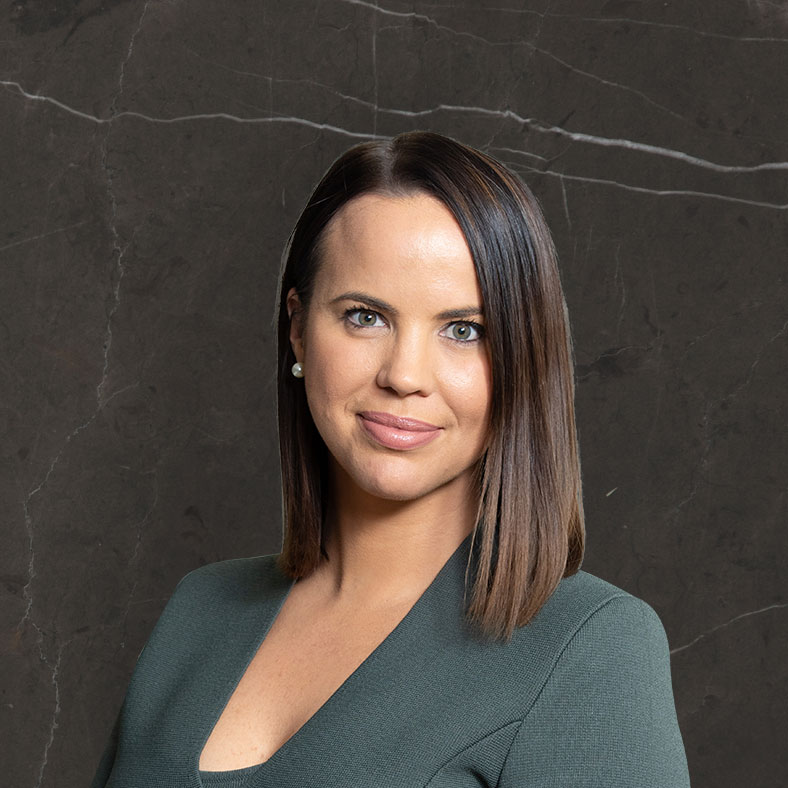We can all agree that valuing a business can be a tricky, if not complicated, proposition.
Here to discuss this are Graeme Bailey and Jane Bowes, and in particular to discuss business valuations for the purposes of establishing economic loss in compensation claims.
Graeme, could you fill out the problem here a little more for me?
Graeme Bailey | Accountant
The problem is that valuations, at the best of times, are a complex matter to delve into.
The situation we have is that the COVID-19 epidemic, bush fires, and other associated natural disasters, have made that complexity just a little bit more complex. In a nutshell, the methodologies that we've been applying in the valuation of the small to medium enterprises (SME's), and in particular sole traders, may not apply when we're talking about personal injury claims now, and we may need to look at other methods to come up with a result that is required by law.
Jane, do you think this is going to be a problem which will present itself in the future when working on your claims?
Jane Bowes | Lawyer
That's a good question, and the short answer is yes - it will most certainly become an issue.
The COVID-19 pandemic in particular has thrown claimants into a time of uncertainty, and we're seeing a lot of pushback from the insurers in terms of how to calculate their economic loss.
So Graeme, what's the first thing you would do to make sure you got a fair and reasonable business valuation for a potential claimant whose majority income came from this business?
Graeme Bailey | Accountant
That's a good question, and it's a multifaceted answer and I probably won't be able to do it justice all at once.
From a forensic accountant’s point of view, it all comes down to the facts surrounding the case. No one business and no one situation is exactly the same. And that's a key point - there's no one size fits all. And the solution that we may use in one business valuation may not apply to the other business valuations that we do.
As a first point of call, what we rely on as forensic accountants is instructions from either our client or the lawyers. That basically sets out our roadmap as to what it is that you require from us accountants. It tells us, to some extent, the nature of the injury, the nature of the claim that the plaintiff may be making, and also provides us with a significant amount of detail regarding the plaintiff's business, so that we can go about obtaining a valuation.
What are some of the things you'd look at when considering a business valuation?
Graeme Bailey | Accountant
The list is quite extensive.
In the past, we would particularly look at, or ask for up to five years-worth of financial statements, up to the current year's financial statements. We'd try and ascertain the legal structure that the business was in. As I've said, it's probably a sole trader, but sometimes there are complex arrangements. We'd also ask for accounts payable, accounts receivable, and a number of other documents that would enable us to start to make an inroad into understanding the client's business.
The bottom line is to actually get an understanding of what it is that the client actually does and the impact that the injury may have had on his business.
I say ‘may’, because it doesn't always apply that his injury may have affected his business. It certainly may affect his personal exertion income. That is the income that he would have derived by working in the business, but not exactly does it affect the business per se.
And Jane, from your perspective, what are the kinds of things you're looking for to prove that a business' losses were a result of an injury and not as a result of some environmental or medical distaster?
Jane Bowes | Lawyer
Well, what we do as the lawyers, Ashley, is we look at what the business was earning before the accident, and then we look at how the business is going after the accident.
We will then get as much detail as we possibly can in terms of evidence from our client, piece it all together, drill down to as much detail as possible, and then hand it over to the forensic accountants to help us prove the future economic loss.
Would it be fair to say that an accountant would then need to adjust future earnings to remove the impact of a natural disaster?
Jane Bowes | Lawyer
That's exactly right. We would provide a very detailed letter of instruction to the accountants and ask them to comment on different scenarios, excluding obviously the pandemic or bush fires or any other disasters that may have arisen.
Our argument is certainly that they are not going to affect our client's future economic loss, and we would hope that ends up in the accounts findings and final report.
What're the obstacles involved in doing this, Graeme?
That should give some degree of comfort to people who are thinking their claim's in tatters.
So what are some of the obstacles, Graeme, that we'll need to overcome improving the true valuation of the business?
Graeme Bailey | Accountant
Again, that's got a number of aspects to it.
What we do as forensic accountants is proving the pre and post situation for the business, before and after the injury. What we would usually rely on is something called future maintainable earnings, which is an amalgamation of the past trading of that business. We would then do some normalization adjustments and then we would try and divide the economic loss into a reduction in revenue and increase in expenses, a result in loss of profits, replacement of labor, capital losses, and goodwill.
Future maintainable earnings doesn't apply as much today, because what we're saying with future maintainable earnings is 'hey, what happened in the past, this is a prediction of what will occur in the future, if not but for the injury.'
Now, what we've got is a situation where we can no longer predict what the future looks like.
With not being able to predict the future, there's an increase in risk, and risk decreases the value of a business. So the best approach that needs to be adopted, or the thing that we need to start to look at, is using another methodology. And that's something called discounted cash flow.
I'm not going to say future maintainable earnings is not a suitable methodology, but what I am saying for the clients out there that may be worried, is there is a solution. It has become a little bit more complicated, but with the right techniques and with the right information, we feel that we can provide a report that satisfies the client, the insurers and plaintiff.
Jane, do you think the insurer will accept this discounted cash flow methodology?
Jane Bowes | Lawyer
That's a good question, and I suppose we'd have to wait to see how it's tested before the courts, but I suspect the insurer's argument will be the cash flow is down and the obvious reason for that is COVID-19, so our role (as the lawyer) is to obviously counter that argument the best way that we possibly can.
Ultimately, we might just have to wait to see it tested in the courts.
Regardless of waiting, we should be able to subtantiate the true value of what a business should be earning in the future - right?
Jane Bowes | Lawyer
That's exactly right, Ashley.
It's just a small moment in time, and we're looking at the losses sustained for the business right through until the claimant is going to retire. This small snapshot in time does not mean that that is what the business will lose over the course of its life.
Graeme Bailey | Accountant
Absolutely. And I'd like to quickly add that all is not lost. You are engaging with professionals whose job it is to get it right, or as right as we can. We have the tools to be able to do that. It just means that we have to be a little bit more careful, a little bit more considered, and probably obtain more information that may have been obtained in the past.
It's as simple as that really.
FAQ's
Get Social
We'd love if you joined our Facebook Community. We post things that we are passionate about or that interest road trauma victims or issues in the systems that are supposed to support their recovery, as well as more unrestricted content like this.
Related Posts
Disclaimer
The material on this page is provided for general information and educative purposes in summary form on legal topics which is current when it is first published. The information contained on this web site is general in nature and does not take into account your personal situation. The content does not constitute legal advice or recommendations and should not be relied upon as such.
Appropriate legal advice should be obtained in actual situations.

Breaking down the smokescreen of uncertainty through a unique step-by-step approach.
MCW Legal© 2020 Privacy & Disclaimer



